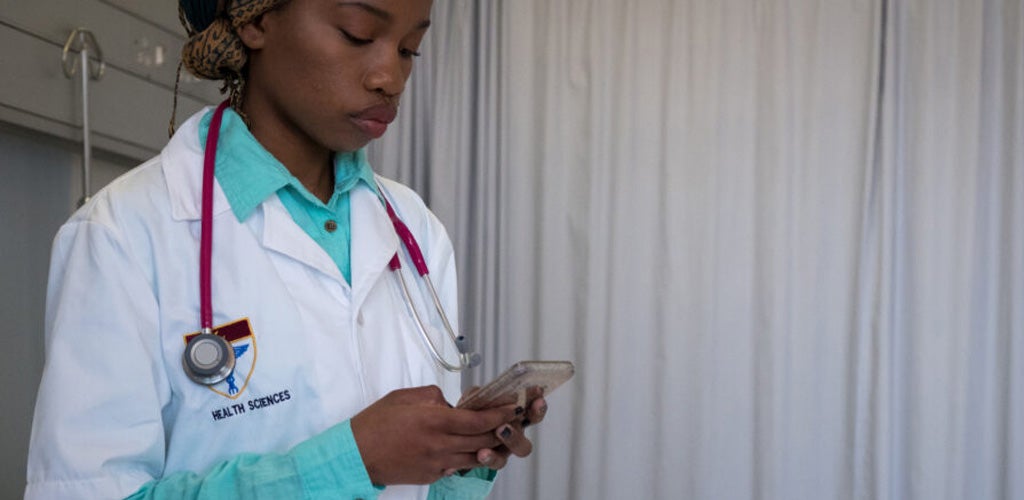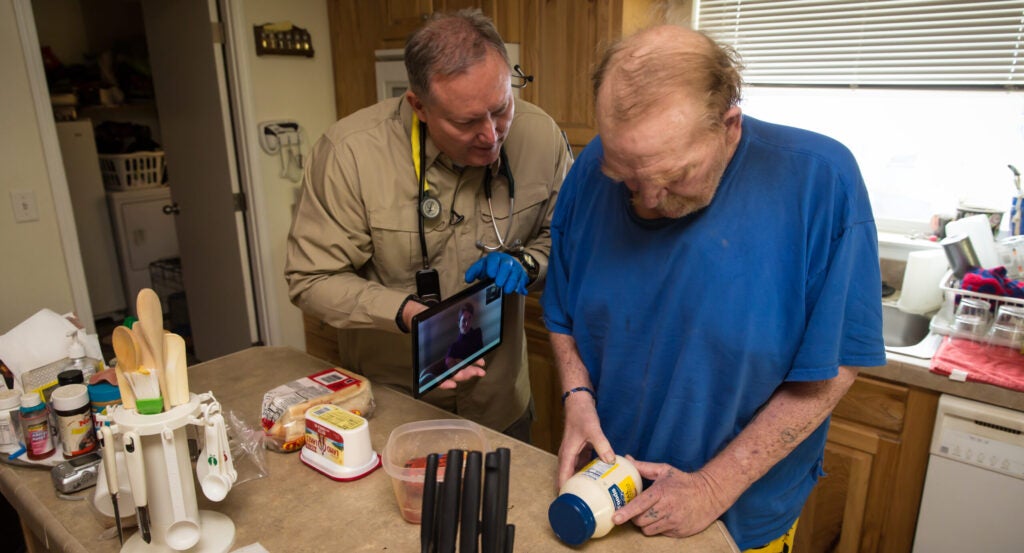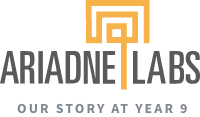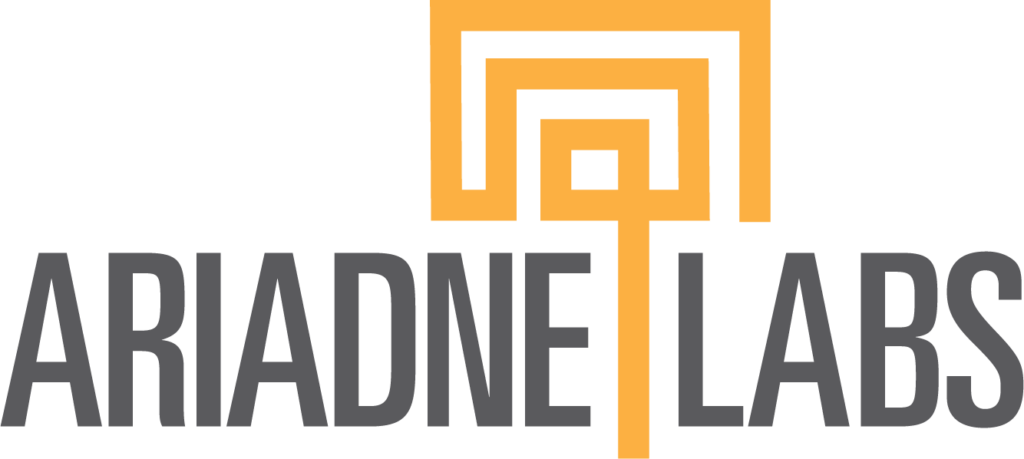Physical location can pose significant challenges to receiving and providing quality health care, and affects equitable access to breakthroughs in medical care. Follow-through innovation can bridge these gaps by connecting providers with the latest evidence-based information, regardless of their location, and by bringing hospital-level care right to patients’ homes.
BETTER EVIDENCE
Better Evidence works to inform and accelerate the uptake of the latest clinical and public health evidence, enabling leaders and providers to make better decisions to improve the health of vulnerable populations. Better Evidence for Providers bridges integration gaps by bringing the latest clinical evidence to providers in resource-limited settings through digital tools. Better Evidence for Training helps students and faculty learn to integrate these tools into training and practice by facilitating access and by promoting uptake through local champions.

To disseminate evidence on effective health care delivery and prepare leaders, the team also supports the production of open-access Global Health Delivery teaching cases published through Harvard Business Publishing. The cases are used in educational programs at the Harvard T.H. Chan School of Public Health and in hundreds of classrooms around the world.
In 2021, the Better Evidence team facilitated access to a popular digital tool, UpToDate, for more than 28,000 providers in over 4,000 facilities in 130 countries. An additional 11 medical schools joined the Better Evidence for Training Program, bringing the total to 27 universities plus 48 affiliated training sites across 12 African countries; this provides UpToDate access to over 43,000 students and faculty. Better Evidence for Training added 23 new champions to the program, bringing the total to 45. These champions are leaders from medical universities across Africa, including deans, faculty, frontline clinicians, and university librarians.
Providers Accessing UpToDate
28,000
Countries accessing UpToDate
130
Facilities Reached
4,000
Students and Faculty Accessing UpToDate
43,000
The team also supported the Global Health Delivery project in publishing two new teaching cases:
![]() Featured Publication
Featured Publication
HOME HOSPITAL
Providing hospital-level care in people’s homes has been shown to reduce costs and benefit patients in urban settings. The Home Hospital Program aims to close gaps in integration by building an evidence base on the most effective home-based care models, disseminating advanced home-based care through innovative scale methodology, and ideating on novel opportunities for home-based care.
![]() Featured media
Featured media

— David Levine, MD, MPH, MA, lead of Ariadne Labs’ Home Hospital program
HOME HOSPITAL
BRINGING HEALTH CARE HOME FOR RURAL AMERICANS
![]() Featured Publication
Featured Publication
Scoping and Testing Rural Acute Care at Home: A Simulation Analysis →
Rural Home Hospital brings acute care to patients’ homes in rural areas, closing gaps in integration where physical distance is a barrier to patients receiving quality health care.
In 2021, Rural Home Hospital launched the first North American randomized control trial to formally test whether a home hospital model in a rural setting can offer high-quality care while maintaining the cost savings found in urban home hospital programs. The trial is currently underway with three health care systems: Blessing Health System of Quincy, Illinois; Appalachian Regional Healthcare of eastern Kentucky and West Virginia; and Wetaskiwin Hospital and Care Centre, Alberta Health Services, in Canada. After extensive work to establish the necessary technology, workflow, and personnel at each system, sites are set to enroll patients in 2022.

The team was awarded Top Photo at the Hospital at Home Users Group annual meeting, for this image captured during the team’s 2019 mock admission in Utah.
HOME HOSPITAL
ADVANCING PROGRESS TOWARD HOME HOSPITAL PROGRAMS
In collaboration with CaroNova, Ariadne Labs’ Early Adopters Accelerator Program launched in 2021 to support health care systems in designing and managing their own home hospital programs. The program brings together a network of 18 hospitals and health systems who collectively learn, create, and implement together as a community.
Over a 40-week period, participating hospitals are co-developing a series of 20 tools, protocols, and workflows needed for hospitals to successfully implement a home hospital program. The accelerator is employing the Scrum methodology, a framework often used in product development, to promote collaboration, flexibility, and efficiency. By applying this methodology to health care innovation, the accelerator remains responsive to the changing needs of the participating hospitals and addresses new gaps as they emerge. The accelerator will not only make home hospital care a reality for multiple institutions, but will also test the concept of Scrum among distributed teams.

